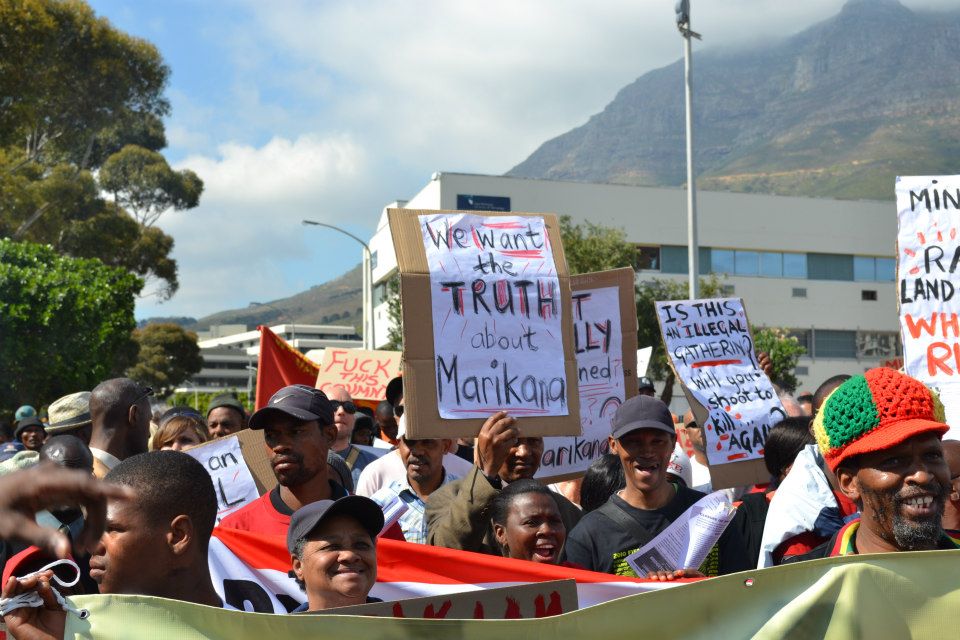SA faces review of surveillance policies at the UN Human Rights Council
Today, 10 May 2017, South Africa’s human rights record will come under scrutiny at the United Nations Human Rights Council. This will include a review of South Africa’s surveillance policies, following a submission by Right 2 Know (R2K), Privacy International and the Media Policy and Democracy Project (MPDP) that raised concerns over state spying and lack of privacy protections in South Africa.
Today’s process is part of the Universal Periodic Review, a review of member states of the UN Human Rights Council.
R2K, Privacy International and MPDP’s submission draws attention to growing concerns of unchecked surveillance abuses in South Africa. This includes cases of activists, investigative journalists and ordinary citizens whose rights have been abused by intrusive spying measures.
Today’s review comes less than a month after amaBhungane Centre for Investigative Journalism launched a legal challenge against South Africa’s surveillance law, RICA, after learning that one of their journalists’ phone had been bugged by the state.
The submission raised concerns with the lack of oversight, accountability and transparency over the state’s intelligence structures. There are also serious loopholes in the RICA, leaving it easily open to abuse. It is also a matter of record that unconstitutional mass surveillance is being conducted in South Africa, through the state’s National Communication Centre.
The group also brought the Council’s attention to problems with data protection provisions, particularly the current mandatory registration of SIM cards under RICA, which threatens people’s right to anonymous communication in South Africa.
R2K, and Privacy International and MPDP made a number of recommendations to the Council, including that:
- South Africa’s communication interception law, RICA, must be amended in line with constitutional standards and international human rights principles.
- There must be effective oversight mechanisms over state intelligence structures, particularly through a more transparent parliamentary intelligence committee, and the finalisation of complaints submitted by R2K and others to the spy watchdog, the Inspector General of Intelligence.
- The data protection regime should be strengthened, and the Office of the Information Regulator must be brought into operation urgently.
- The Cyber Crimes and Cyber Security Bill must be redrafted to protect users’ privacy and promote internet freedom.
South Africa’s last review through the Universal Periodic Review was in 2012. At that time, concerns over the Protection of State Information Bill (the “Secrecy Bill’)’ were brought to the attention of member states. The Secrecy Bill remains unsigned on the President’s desk, with provisions that still infringe on access to information and freedom of expression. As part of the current review, R2K asked the South African government to clarify what steps were taken to comply with the recommendations made in 2012, and clarify its intentions for the Secrecy Bill going forward.
• R2K’s address to the UN Human Rights Council is here
• R2K, Privacy International and MPDP’s submission to the UPR is here




